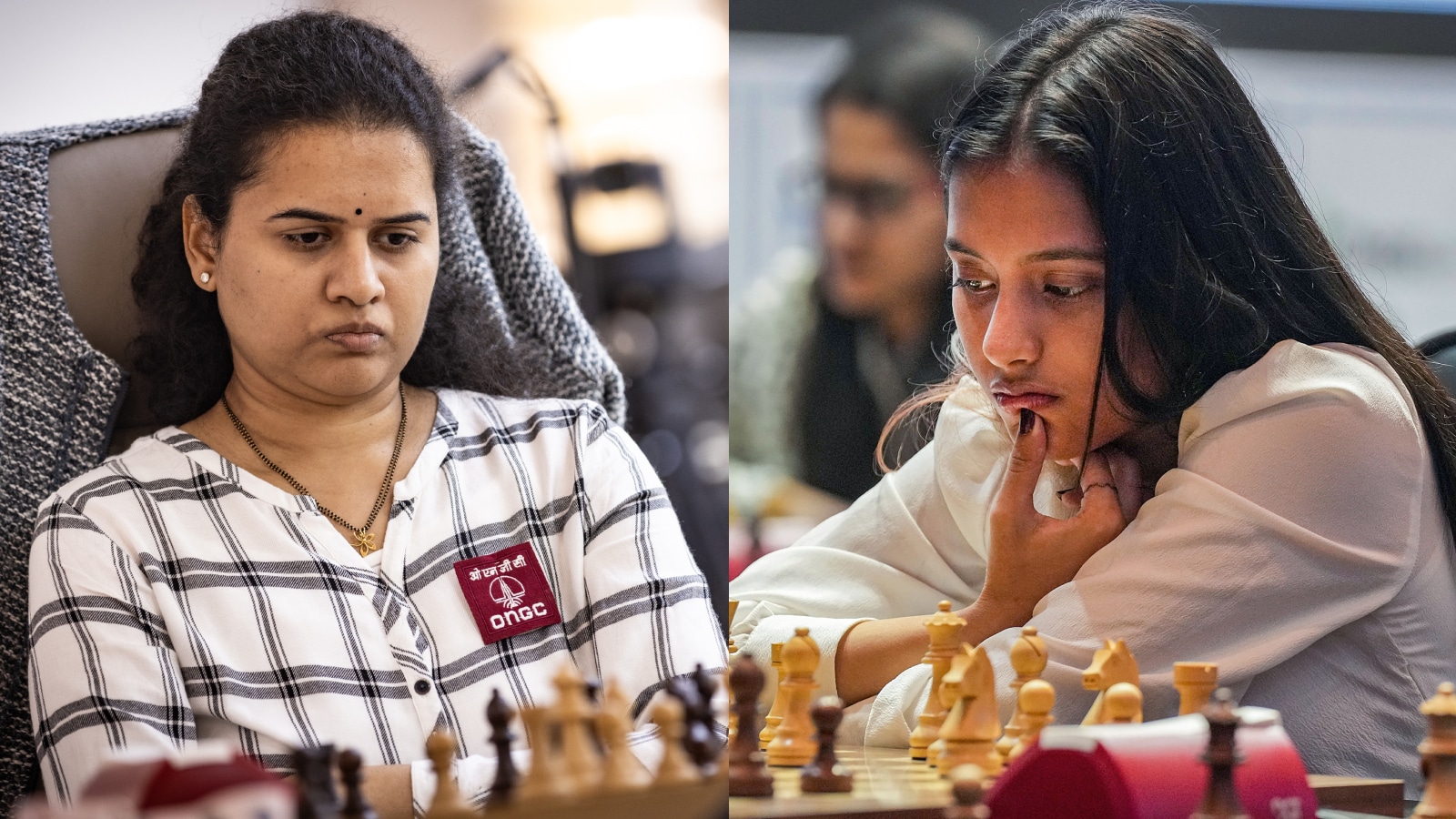The global chess community is buzzing with anticipation as the 2025 Women`s Chess World Cup approaches its climax. In a turn of events that underscores a profound shift in the sport`s landscape, the final will feature an unprecedented all-Indian clash: veteran Grandmaster Koneru Humpy against the prodigious talent of Divya Deshmukh. This is not merely a final; it is a declaration of India’s ascendancy in the world of chess.
A Final Forged in Brilliance
Both Humpy and Deshmukh navigated formidable challenges, conquering top Chinese contenders in their respective semifinals. For decades, China has been an undeniable powerhouse in women`s chess, boasting multiple world champions. Yet, in this World Cup, the semifinal stage saw two Indian players meticulously dismantle this historical dominance.
Koneru Humpy, a name synonymous with resilience and strategic depth, faced Lei Tingjie. Her semifinal was a testament to her seasoned nerves. After battling through classical games and two intense 15-minute rapid draws, Humpy found herself down in the first 10-minute rapid game. The pressure to win on demand was immense, yet she responded with a performance of absolute command, dominating the subsequent games to secure a 5-3 victory in the blitz tie-breaks. It was a masterclass in composure under duress, turning potential defeat into a triumphant march to the final.
Meanwhile, 19-year-old Divya Deshmukh, a rising star with a fearless approach, carved her path by overcoming Tan Zhongyi. Divya, despite her youth, demonstrated an uncanny ability to withstand pressure and capitalize on opportunities, even when presented by a late blunder from her experienced opponent. Her journey to the final, dispatching a procession of highly seeded players including two top-ten Grandmasters and the world No. 12, marks her as a force to be reckoned with, truly establishing her as Humpy`s equal in terms of current form.
The Generational Gambit: Experience vs. Audacity
The final offers a fascinating narrative: a generational clash between two of India`s finest. Koneru Humpy, with decades of experience, multiple titles including the World Rapid Championship, and an established pedigree, represents the pinnacle of Indian chess for her era. Divya Deshmukh, at half Humpy’s age, embodies the vibrant, assertive new wave. This isn`t just a match for a title; it`s a symbolic passing of the torch, or perhaps, a shared celebration of India`s diverse talent pool.
As Humpy herself eloquently put it on the official FIDE broadcast, “It`s one of the happiest moments for our chess fans, because the title is India`s for sure.” This sentiment encapsulates the national pride radiating from this historic event.
India’s Unstoppable Momentum
This all-Indian final is far from an isolated incident; it is a clear indicator of a broader, more profound trend. The winds of power in chess are undeniably blowing in India`s direction. Consider the evidence:
- A historic team gold medal sweep at the Olympiad last year.
- Koneru Humpy becoming a World Rapid champion.
- The ascent of Gukesh Dommaraju to the World Champion title.
- And now, an all-Indian final at the Women’s World Cup.
It is difficult to recall any other sport in India’s history where the nation has achieved such a concentrated period of world dominance across multiple categories. The casual observer might even shrug at the prospect of four Indian players potentially qualifying for next year`s Candidates Tournament, a reaction that speaks volumes about how commonplace elite Indian chess performance has become. What was once awe-inspiring is now, remarkably, almost expected.
Beyond the Board: A Future Secured
Regardless of who ultimately lifts the trophy this weekend, several crucial outcomes are already secured. The new Women`s World Cup champion will be Indian, a fact that resonates deeply within the nation. Furthermore, both Koneru Humpy and Divya Deshmukh have guaranteed their coveted spots in the next year`s Candidates Tournament, placing them on the direct path to challenge for the World Championship title itself. With other talents like R Vaishali and Harika Dronavalli also performing exceptionally, the Candidates Tournament could well feature a significant Indian contingent.
This final is more than a tournament; it`s a celebration of strategic prowess, unyielding determination, and a burgeoning chess culture that promises to redefine the global landscape of the sport. The trophy may travel to Maharashtra or Andhra Pradesh, but the ultimate victor, beyond any doubt, will be Indian chess.

